Through the Union Budget in 2019, the Government of India announced an incentive for the purchase of an electric vehicle. The finance minister stated in the budget speech that the scheme will incentivise advanced batteries and registered e-vehicles. This led to an introduction of section 80EEB effective from the assessment year 2020-21.
What is Section 80EEB?
Section 80EEB is applicable to an eligible taxpayer who has taken a loan for the purchase of an electric vehicle from any financial institution. Interest payable on such loan would qualify for deduction under section 80EEB of the Income Tax Act, 1961. However, the taxpayer must satisfy certain conditions. The section particularly defines a financial institution and electric vehicle for the purpose of deduction.
Eligibility Criteria Under Section 80EEB
1. Eligible Taxpayer For Deduction
The deduction under section 80EEB is available only to individuals subject to fulfilment of a few conditions. These conditions are mentioned in this article. In other words, the deduction under this section is not applicable to any other assessee apart from individuals. Thus, it does not apply to HUF, AOP, a Partnership firm, a company, or any other kind of taxpayer.
2. Eligible Financial Institution
A financial institution is a banking company to which the Banking Regulation Act, 1949 applies or any bank or banking institution referred to in section 51 of the Banking Regulation Act, 1949. It also includes deposit-taking NBFC and systemically important non-deposit-taking NBFC. Such NBFCs do not accept or hold public deposits. They have total assets of not less than Rs 500 crore as per the last audited balance sheet and are registered with the RBI.
3. Eligible Electric Vehicle
Electric vehicle is a vehicle which is powered exclusively by an electric motor whose traction energy is supplied exclusively by a traction battery installed in the vehicle. The vehicle should have an electric regenerative braking system. Moreover, such a braking system must provide for the conversion of vehicle kinetic energy into electrical energy.
Conditions To Claim Deduction Under Section 80EEB
The fulfilment of the following conditions is mandatory for availing of this deduction.
- The assessee should be an individual i.e. an eligible assessee as described in the aforementioned paragraph.
- The loan must be sanctioned by a Financial Institution or specified NBFCs as described in the section above.
- The loan must be sanctioned anytime during the period starting from 1st April 2019 till 31st March 2023.
- The loan should be taken for the purchase of an electric vehicle.
Amount and Period of Deduction
Section 80EEB allows a deduction for interest payments up to Rs 1,50,000 in a financial year. An individual may purchase an electric vehicle for personal use or for business use. In case of business use, you can claim an interest payment over and above Rs 1,50,000 as a business expense. In order to claim the interest expense as a business expense, it is necessary that the vehicle should be registered in the name of the owner or the business enterprise. The benefit of deduction under section 80EEB would be available from AY 2020-2021 and subsequent assessment years till the repayment of the loan continues. A taxpayer who claims the tax deduction under section 80EEB cannot claim it as a deduction under any other provisions of the Act. They cannot claim the deduction for the same year or the following assessment years.
An eligible assessee must obtain the certificate for interest payment from the financial institution. Additionally, the taxpayer must retain the necessary documents such as tax invoices and loan documents handy while filing returns.
How to Calculate Amount of Deduction?
The amount of deduction can be determined with the help of the following illustration:
Let’s assume the two individuals: Individual A and Individual B. The following are the particulars relating to Mr A and Mr.B, salaried individuals for AY 2022-2023.
| Particulars | Mr.A | Mr.B |
| Amount of loan taken | Rs 20 Lakhs | Rs 12 Lakhs |
| Loan taken from | NBFC | Public sector bank |
| Date of sanction of loan | 1.4.2020 | 30.3.2019 |
| Date of disbursement of loan | 1.5.2020 | 1.5.2019 |
| Purpose of loan | Purchase of electric vehicle for personal use | Purchase of electric vehicle for personal use |
| Cost of Electric vehicle | Rs 22 Lakhs | Rs 18 lakhs |
| Rate of interest | 10% p.a. | 10% p.a. |
Let us compute the amount of deduction under section 80EEB of the Income Tax Act, 1961 for AY 2022-2023 in the hands of Mr A and Mr B. Assume that there has been no principal repayment in respect of the above loans up to 31.3.2022.
| Particulars | Amount |
| Mr ADeduction u/s 80EEB for interest payable on loan taken for purchase of electric vehicle [Rs 20 lakhs x 10% = Rs 2,00,000, restricted to Rs 1,50,000, being the maximum permissible deduction] | Rs 1,50,000 |
| Mr BDeduction u/s 80EEB is not permissible since the loan was not sanctioned before 1.4.2019. | Nil |











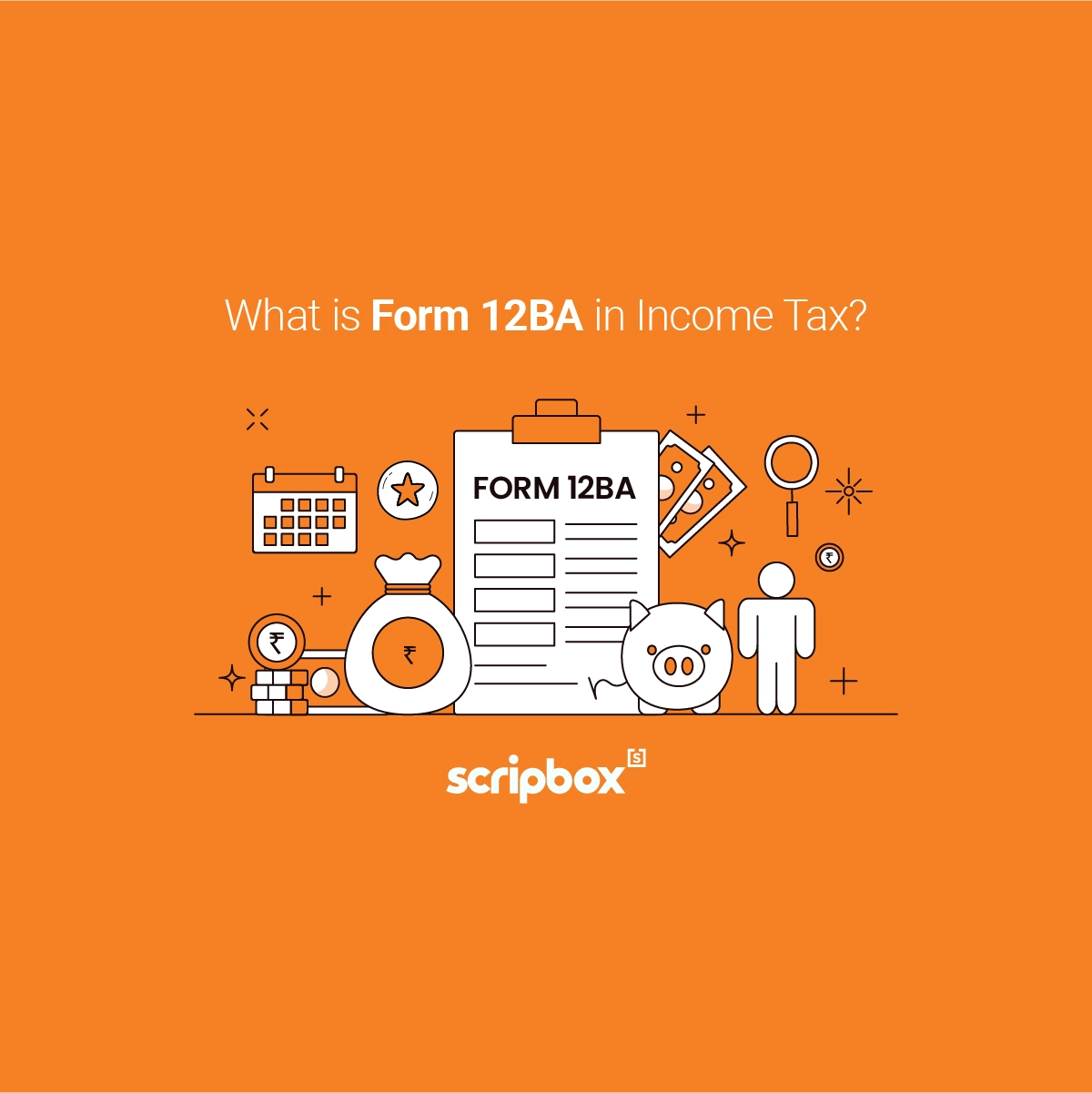
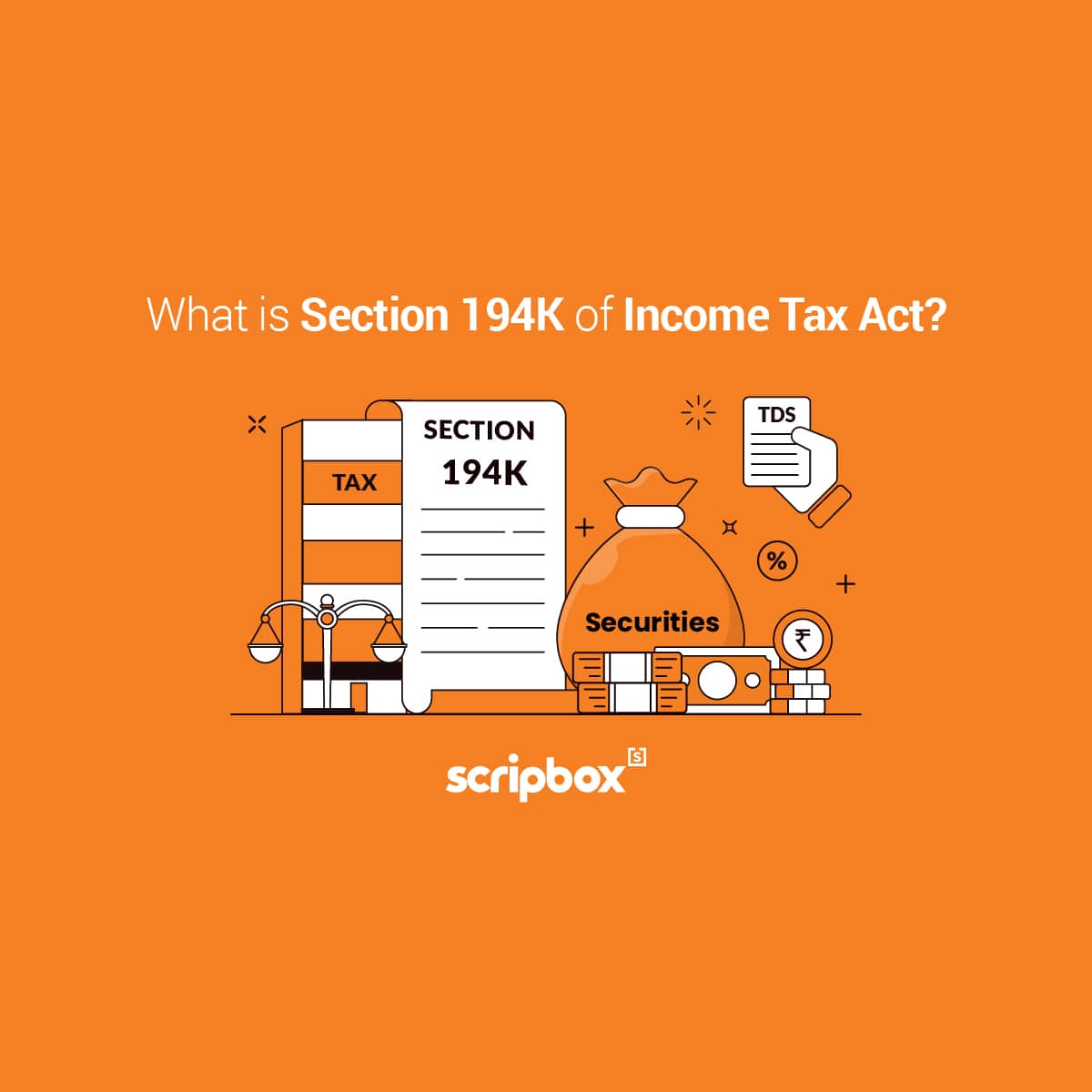
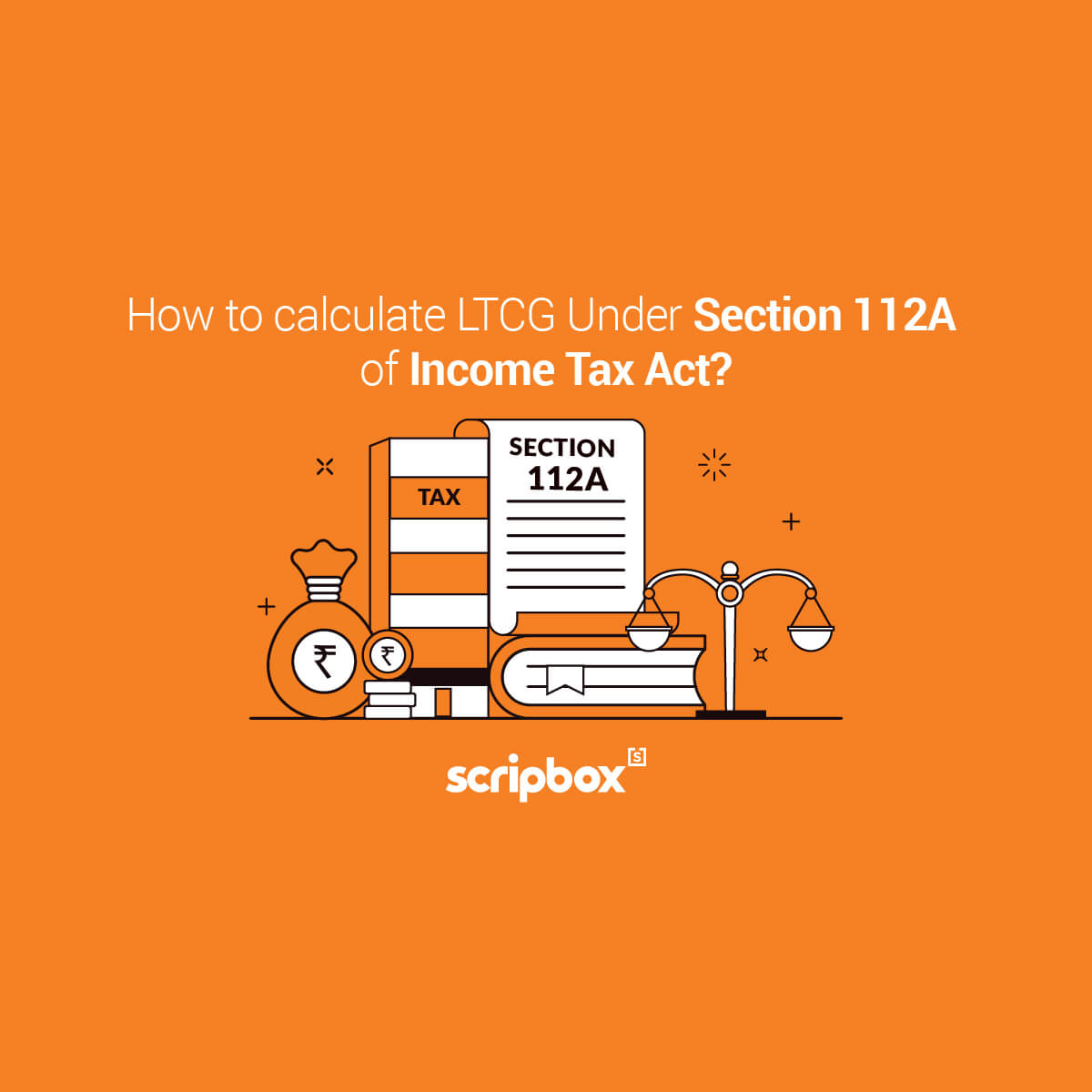
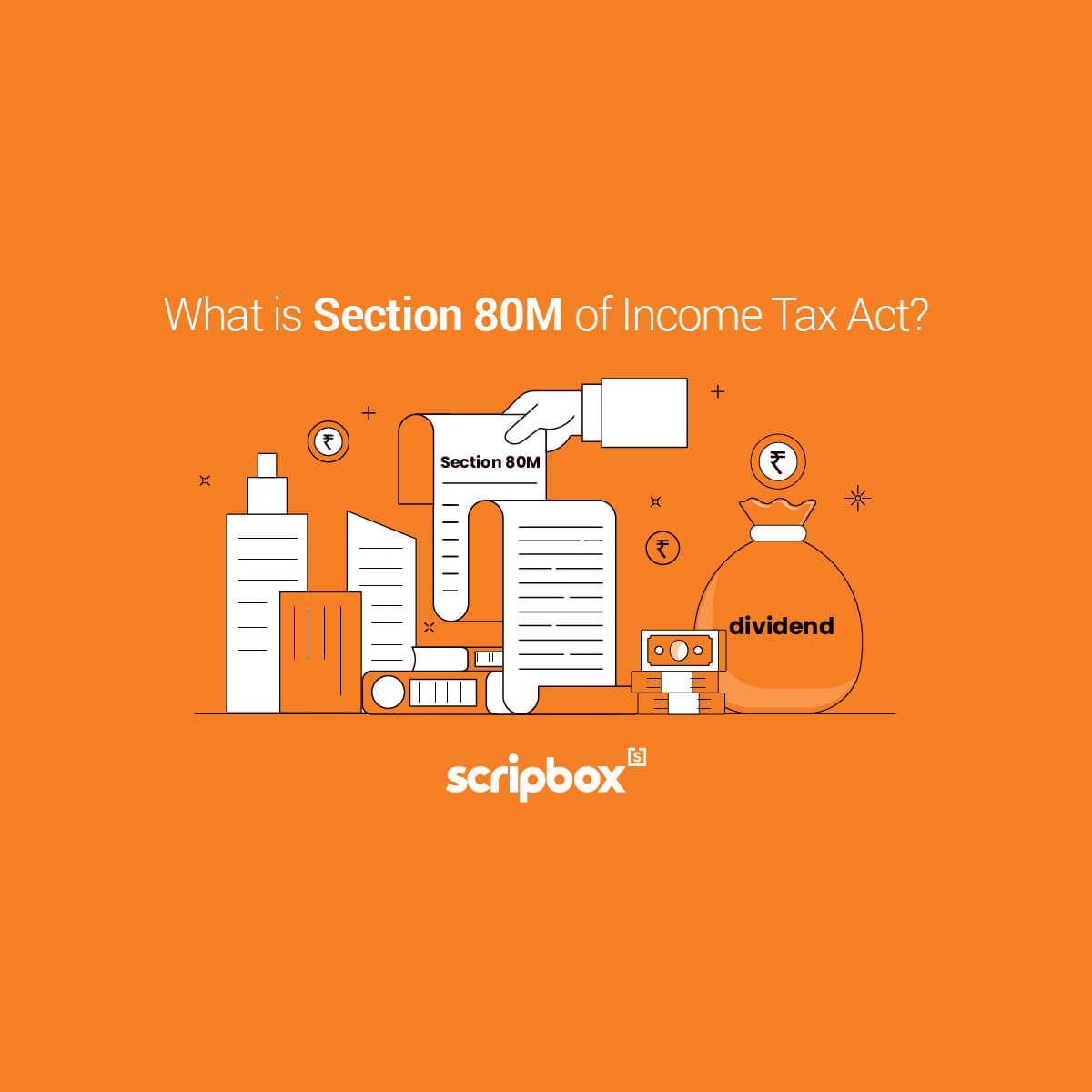
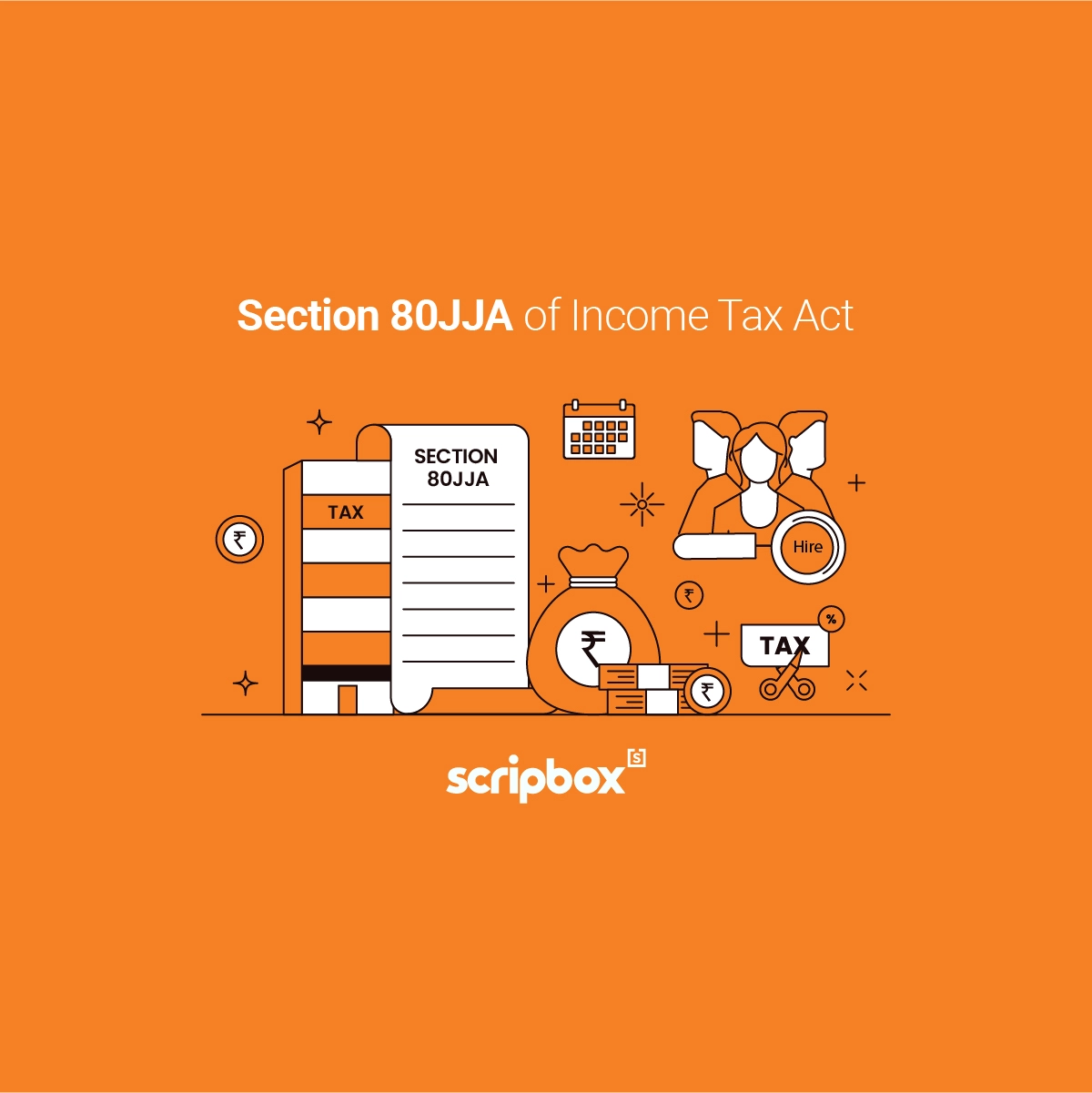
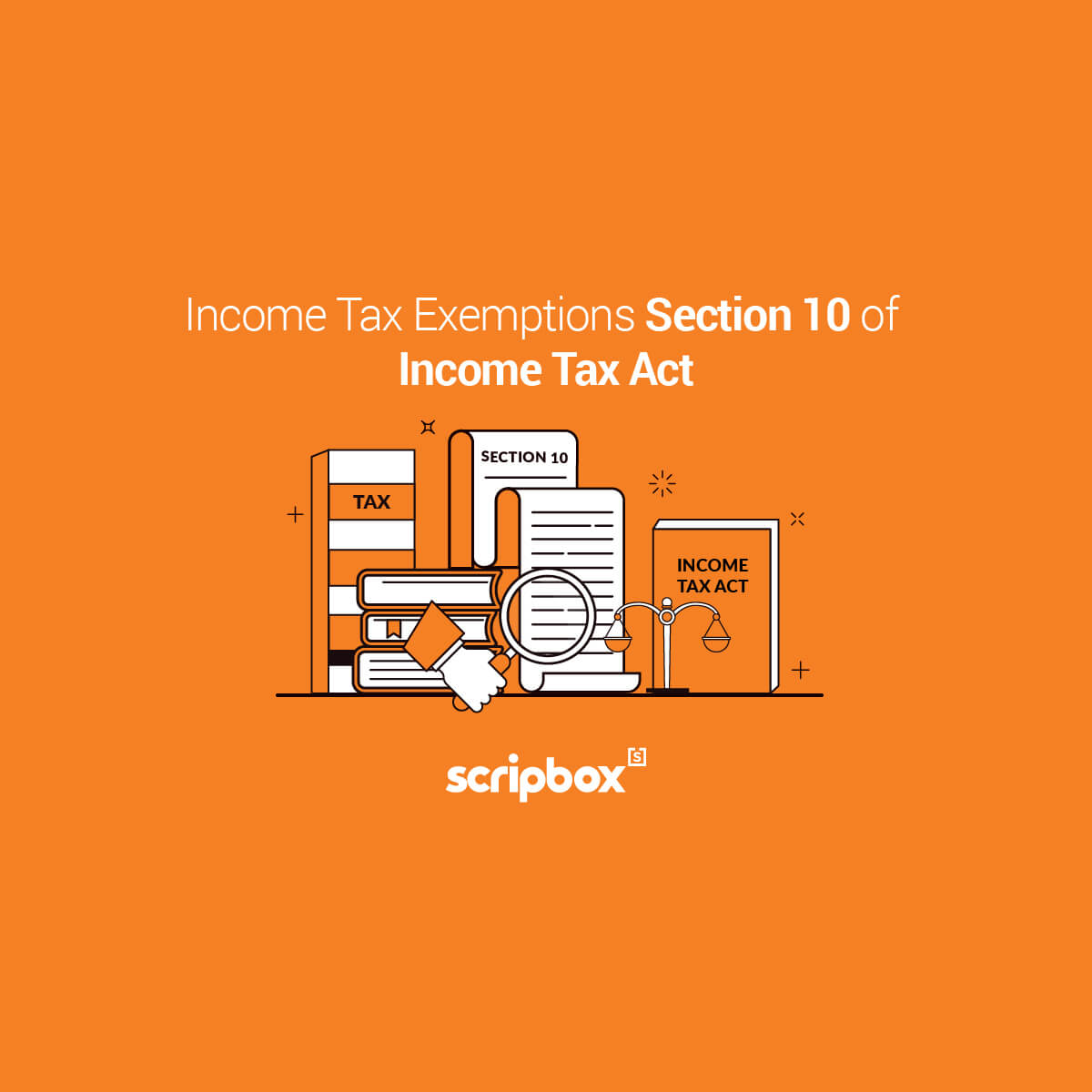






Show comments